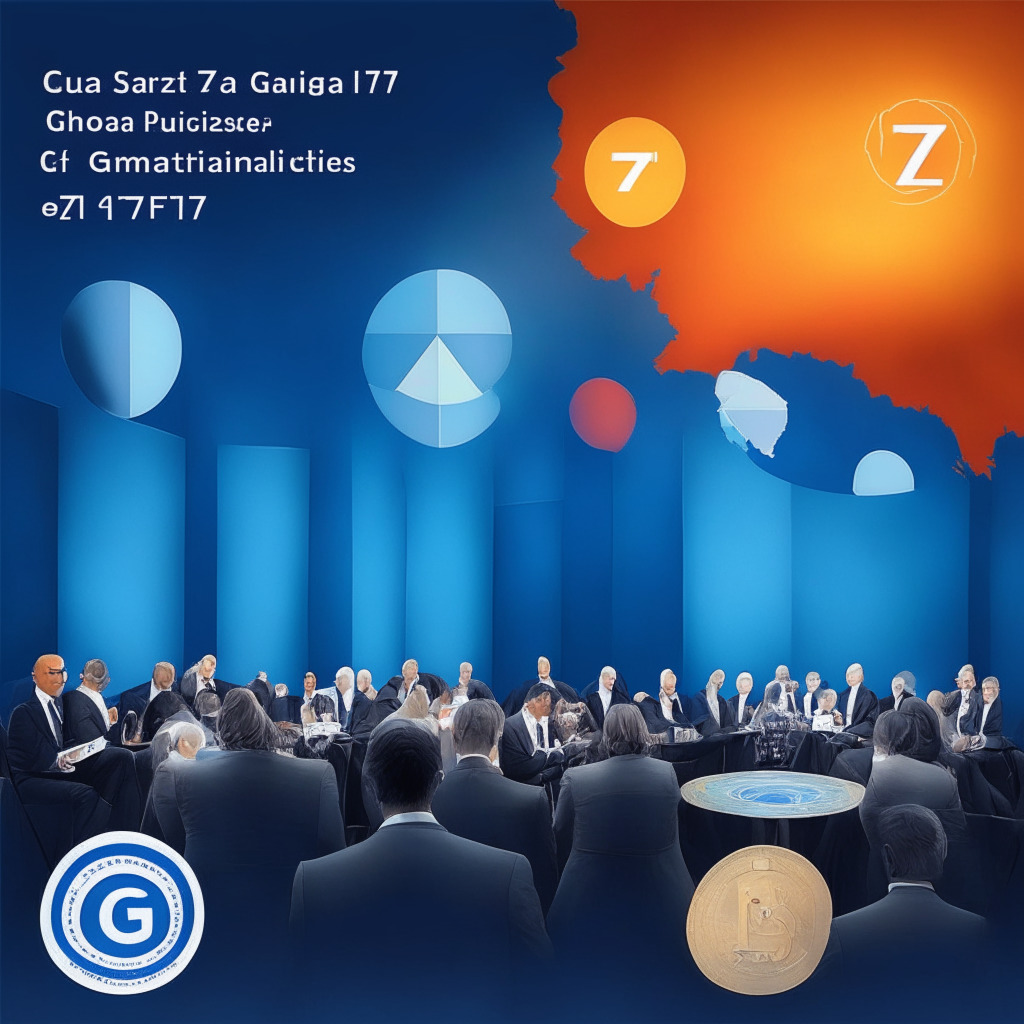A recent development regarding Binance.US and the US Securities and Exchange Commission (SEC) has revealed that both parties are working towards a compromise to protect billions of dollars in customer funds without closing down the exchange while the SEC’s lawsuit proceeds. US District Judge Amy Berman Jackson announced that the two sides “aren’t that far apart” on potential solutions, adding that “shutting it down completely would create significant consequences not only for the company but for the digital asset markets in general.”
This comes on the heels of an SEC request for an asset freeze against Binance.US, the US arm of the cryptocurrency exchange. The lawsuit against Binance and its founder, Changpeng Zhao, accuses them of mishandling customer funds, misleading investors and regulators, and breaking securities rules. Furthermore, the commission claims that Binance improperly moved billions of dollars of customer funds to a bank account for an entity controlled by Zhao, which were eventually used to purchase and sell crypto.
Binance.US, which insists customer assets are safe, has voiced concern that blocking the flow of all funds would detract from business operations and ultimately harm customers. The exchange has countered the SEC’s request with a proposal to transfer US customer crypto assets to new wallets with new private keys, which would be under the sole control of US-based officers at Binance.US. This would allow them to continue paying employees and covering operating costs, while pledging to prevent asset transfers or payments benefiting any Binance entity without a judge’s order.
The SEC, as part of its compromise proposal, has requested that Binance send all crypto funds belonging to US customers to the US. These assets would then be under the control of entities outside the reach of Zhao and be capable of handling redemptions for customers. It is important to recognize that Binance is not the only company facing regulatory scrutiny in the US, as the SEC also sued Coinbase, the largest US-based cryptocurrency exchange, and has taken enforcement action against crypto exchanges Kraken and Bittrex, as well as crypto lending platform Nexo.
While the ongoing discussions between Binance.US and the SEC may seem like a solid step towards finding a common ground, it also highlights the increasing need for crypto actors to adapt to evolving regulatory frameworks. As the cryptocurrency sphere continues to expand, the issue of regulatory compliance will undoubtedly remain a central point of contention for both proponents and skeptics, as the industry strives to strike a balance between innovation, safety, and trust.
Source: Cryptonews




